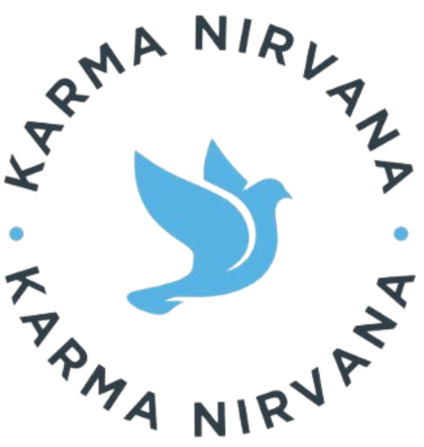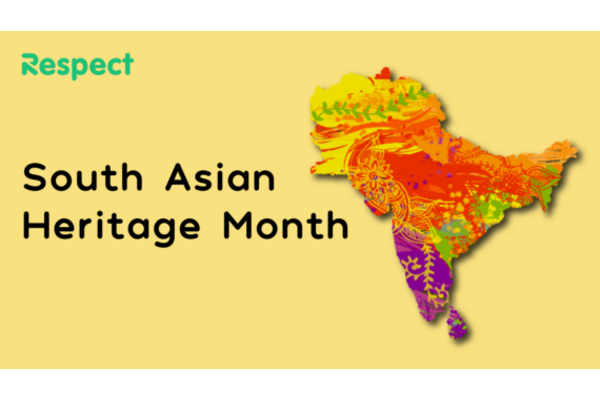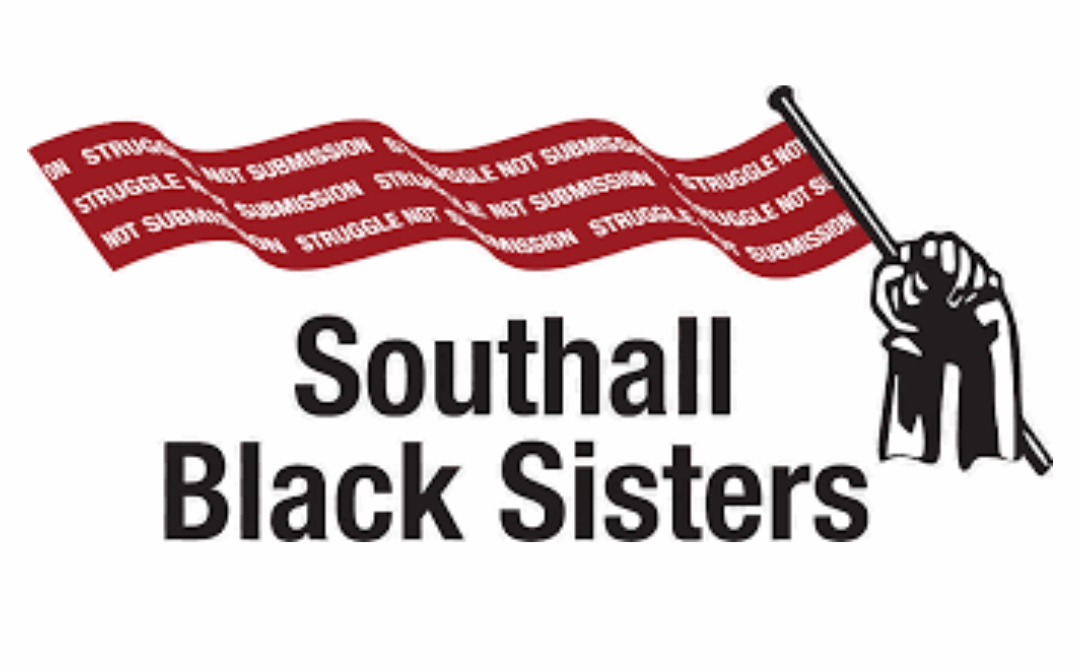South Asian Heritage Month runs every year from 18th July to the 17th August. It is a time to commemorate, mark and celebrate South Asian cultures, histories, and communities. The year's theme is 'Roots to Routes', reflecting South Asian communities and their journeys.
This year we want to highlight the shared heritage of British South Asian communities and the movement to end violence against women and girls (VAWG) in the UK by spotlighting by and for organisations we work with.
By and for organisations are run by and for marginalised communities. These organisations offer specialist domestic abuse services to improve understanding of and responses to domestic abuse, helping to keep communities safe. Specialist services understand their local communities and work with and for their community through prevention, education and awareness raising. These vital services provide victims, survivors and perpetrators of domestic abuse with tailored and bespoke support from practitioners who understand their specific needs.
For those working in domestic abuse perpetrator intervention, cultural competency isn't an optional extra – it's a professional responsibility. Developing cultural competency supports practitioners to build the trust and rapport necessary for genuine accountability work. When people feel respected and understood, they're more likely to engage authentically with the difficult process of examining and changing their behaviour.
By and for domestic abuse services are a crucial and underfunded part of the VAWG sector who continually face new challenges and navigate complex issues to ensure individuals in minoritised communities feel safe, heard and in control of their lives.
Over the course of South Asian Heritage Month, we'll showcase how some of these vital by and for organisations have been part of the roots of the work to tackle domestic abuse and provide survivors with vital routes to safety.
Celebrating By and For Organisations:

Thinking about the theme ‘Roots to Routes,’ what does this mean to you?
At Karma Nirvana, 'Roots to Routes' speaks to the uniqueness of every survivor’s journey. While many affected by Honour Based Abuse (HBA) may share cultural or structural similarities in their experiences, each person's path to safety, healing, and freedom is deeply personal. Their ‘roots’, whether this is family, culture, or history, can be both grounding and, at times, confining. The ‘routes’ they take are shaped by resilience, choice, and often great courage. This theme reminds us to honour that complexity and support survivors in forging their own way forward.
One of the areas South Asian Heritage Month considers is legacy and future generations. How do you think we pass on cultural values, lessons and traditions, and how does that link to your work in the DA/VAWG sector?
A key part of our work is breaking intergenerational cycles of abuse, while still honouring the richness of South Asian heritage. Survivors of Honour Based Abuse often talk about the difficult tension between preserving cultural identity and rejecting harmful traditions. This is something we illustrated in our animation The Roots of Honour Based Abuse, which explores how survivors may need to sever ties with harmful ‘roots’ in order to build safer futures. By supporting survivors in reclaiming cultural values on their own terms, which may include values like compassion, strength, and community, we contribute to a legacy that future generations can be proud of.
This month is about celebrating the ways South Asian communities in the UK build connections through shared heritage, creating vibrant, supportive, and resilient spaces. How do you create safe spaces and why is this important in terms of supporting those who have experienced domestic abuse?
Creating safe spaces is vital in the work we do. For those impacted by Honour Based Abuse or domestic violence, community can be a source of both harm and healing. We work to build spaces where survivors are believed, supported, and not judged for the decisions they make or for who they are. This involves cultural sensitivity, trauma-informed practice, and survivor-led approaches. When survivors and victims feel safe to share their stories and access support, they can begin to rebuild not only their own lives, but also strengthen the fabric of our community. Safe spaces empower individuals to thrive while fostering collective resilience.
Southall Black Sisters (SBS) is a leading ‘by and for’ domestic abuse organisation that supports and campaigns for Black, minoritised and migrant women. Earlier this year, Respect colleagues greatly enjoyed attending SBS’ celebration event, marking over 45 years of their vital, life-saving work. Throughout SBS’ decades of commitment to advocating for the rights and safety of some of society’s most marginalised women and girls, they have continually challenged barriers rooted in racism, sexism, and socio-economic inequalities and shaped government policy on safety and protections for Black, minoritised and migrant women.
Since its inception in 1979, SBS has been on a mission to dismantle structural injustices harming Black, minoritised and migrant women and girls while fostering global solidarity for a future rooted in equity, justice and empowerment. A notable, long-running campaign is for the introduction of Banaz’s law - which calls for ‘honour’-based abuse to be explicitly recognised as an aggravating factor in sentencing and to be supported by statutory guidance. Banaz’s Law is based on the case of Banaz Mahmod, who was killed in a so-called ‘honour killing’ in 2006, and SBS has supported Banaz's sister, Bekhal Mahmod, with her powerful advocacy. ‘Honour’-based abuse is a high-risk crime, typically involving multiple perpetrators and colluders (and sometimes multiple victims), driven by shared codes of ‘honour’. In Banaz’s case, the uncle convicted of her murder claimed he had done ‘justice’ and was celebrated as a hero by parts of the community. SBS is currently calling for Banaz’s Law to be included as an amendment to the Crime and Policing Bill, as well as suicide driven by domestic abuse to be recognised as murder in criminal sentencing. Both amendments had cross-party support from over 50 MPs during the Bill’s passage through the House of Commons.
A vital part of SBS’ work is highlighting the harm done to women who have No Recourse to Public Funds (NRPF) and campaigning for the condition to be lifted. A large proportion of migrant victim-survivors have NRPF as a condition of their stay in the UK, which means that they are not entitled to financial assistance from the state, including most welfare benefits and social housing. Estimates suggest that migrant women with NRPF are three-times more likely to be subjected to VAWG than the wider population of women, and yet they encounter multiple barriers to protection and safety and face a stark choice between domestic abuse, destitution, and deportation.
SBS’ campaigns have led to the introduction of the Domestic Violence Indefinite Leave to Remain (DVILR) rule and the Destitute Domestic Violence Concession (DDVC, now known as the Migrant Victims of Domestic Abuse Concession or MVDAC), which entitle migrant victim-survivors on spousal/partner visas the right to receive benefits and social housing for three months while they apply to regularise their stay in the UK. However, migrant women on non-spousal/partner visas and undocumented women remain excluded from the protections offered by the combined model of status and support provided by the MVDAC-DVILR. SBS continues to advocate for the combined MVDAC-DVILR model to be extended to all victim-survivors, regardless of their immigration status. Respect looks forward to supporting and amplifying SBS’ next call to address the harm caused by NRPF.
The Drive Partnership in conversation with partners of the Changing Harmful Attitudes and Behaviours (CHAB) programme.
For South Asian Heritage Month, The Drive Partnership interviewed some of the delivery partners of the new Changing Harmful Attitudes and Behaviours (CHAB) programme. First up was Meena Kumari, Director of H.O.P.E. CIC. – an organisation that has been offering high-quality training and consultancy in domestic abuse, sexual violence, and safeguarding since 2008. They discussed the importance of South Asian heritage and culture and how this has informed her identity, work, and the development of the new Changing Harmful Attitudes and Behaviours (CHAB) programme.
Next up was Imran Manzoor, Founder of Pegasus Ltd and Breaking the Silence who reflected on his upbringing and how it has shaped his journey, his work, and the creation of the Changing Harmful Attitudes and Behaviours (CHAB) programme.
Imran said, ‘’There are intricacies that shift when a service is led by and for the community it supports. Understanding the culture, changes how you view or understand what an individual says and where their comments are coming from.’’
The Changing Harmful Attitudes and Behaviours (CHAB) programme is a 20-week, group and one-to-one specialist intervention for those who cause harm within their relationships. It's the product of a two-year co-design process with experts by experience and specialist by-and-for organisations as part of the Drive Partnership’s National Systems Change work, and is being delivered by H.O.P.E CIC, Sikh Women’s Aid, Halo and Pegasus Ltd across Leicester, Leicestershire, Rutland and Bradford.
Other organisations supporting South Asian communities:
Ashiana Community Project- Supporting and empowering victims of domestic abuse in Birmingham.
Asian Family Counselling Service- based in London.
BAATN - Black, African and Asian Therapy Network- understanding intersectionality with people who identify as Black, African, South Asian and Caribbean. Find a specialist counsellor you can work with.
Forced Marriage Unit - Advice and support for anyone being forced into or escaping a forced marriage.
IKWRO Women's Rights Organisation- provides advice and support to Middle Eastern, North African and Afghan women and girls living in the UK, who have experienced, or are at risk of all forms of “honour” based abuse, including; forced marriage, child marriage and female genital mutilation (FGM) and domestic abuse.
Imkaan - addressing violence against Black and minoritised women and girls.
Imkaan's member organisations across the UK- specialist frontline support organisations across UK.
Lateef Project- Islamic counselling in East London.
Nafsiyat - Counselling and intercultural therapy in Islington, Camden, Enfield, Haringey.
Sikh Women's Aid- Develops lasting positive change by actively challenging harmful belief systems and practices that act as the root cause of all forms of abuse within the Sikh and Panjabi community.







